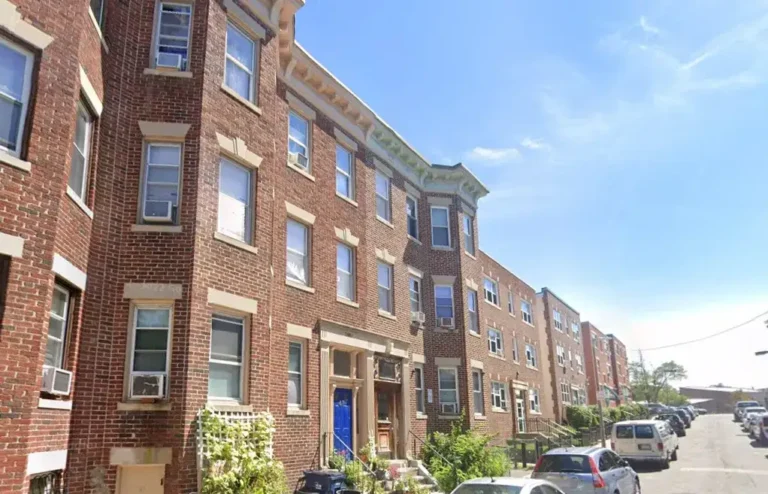
How often did you work out while you were drinking or using drugs? Getting into a regular exercise routine can make a world of difference in improving your energy levels, your sense of well-being, and your feeling of self-confidence. Whether you take up running or cycling, start going to the gym, or join a team, you can take things to a whole other level by getting into shape. An added benefit of this is that exercising will tend to put you in the company of other people who are dedicated to living healthy lifestyles, which will help to support you in your new life. However, many people feel they have failed if they relapse, which causes them to give up entirely and can lead treatment programs to take a hard line on those who relapse.
- Still, others discover new sides to themselves during the quitting process (a greater capacity for compassion, for example).
- Some studies show the more time you spend in a sober house, the more it is less likely you’ll relapse.
- Remember to stay hydrated by drinking lots of water and try not to have too much coffee.
Refer a loved one
Everything from physical appearance to life circumstances to perceived successes are scrutinized and processed by users. The next step in rebuilding trust in recovery is making yourself available (with boundaries!) and becoming more dependable. It helps to start small in this task – don’t dive in headfirst, make a significant promise that you won’t be able to keep, and overwhelm yourself with tons of high-pressure responsibilities. Instead, commit to smaller obligations like showing up on time when visiting friends or family, helping around the house, or remembering important dates and anniversaries. Rebuilding trust after a relapse is a gradual process that requires honesty, consistency, and open communication. Start by acknowledging the impact of your actions on your loved ones, and express your commitment to recovery.
Sober Living Houses
Research shows that whether people make use of formal clinical services, mutual-help organizations like SMART Recovery and AA, or find their own unique path, they engage a common set of tools. The principle of equifinality states that there can be many different pathways to a common developmental endpoint. rebuilding your life after addiction While our cultural psyche tends to default to a clinical recovery pathway involving some kind of mix of rehab and/or AA—which can be lifesaving—in fact, many recover without using any external services. Others make use of medications, and still others recover with religious or spiritual guidance.
- In fact, the latest figures from the National Survey on Drug Use and Health indicate that among those who had an alcohol or drug problem, the remission rate is approximately 75 percent.
- For example, if you became an addict during your teenage years, but you’re now sober in your late 20’s — things are going to be very different.
- Researchers find that taking incremental steps to change behavior often motivates people to eventually choose abstinence.
- And as a bonus, you may also find a new, healthy social group to support your recovery.
- Speaking of your past – while acknowledging it is important, you shouldn’t hang on to it too tightly.
- Professionals often include Buvidal and other medications as part of a patient’s comprehensive treatment program aside from standard counseling for severe cases.
Mindfulness, spirituality, and the brain.

As someone who has been in recovery for nearly 30 years, I have discovered that there will be days when things do not go as planned. Perhaps your job is not going in the direction you had planned, and you did not get a promotion that you felt you deserved. The important thing is to not fall back into a life of addiction. Speaking of your past – while acknowledging it is important, you shouldn’t hang on to it too tightly.
How Does Suboxone Prevent Relapse?

However, the key is that you are actively working on a better, healthier lifestyle while being accountable for behaviors you made in the past. When creating your routine, consider adding new activities such as fitness, meditation, reading, or forms of self-care that can help you continue to heal emotionally after your addiction. These individuals also participate in less criminal activity, enjoy better work opportunities, enhance their social lives, and improve their overall mental state. When I was in medical school, neither addiction psychiatry nor addiction medicine existed. Planning in advance a way out of high-risk situations—whether an event, a place, or a person—helps support intentions in the face of triggers to use.

However, it is important to recognize that this rate is comparable to relapse rates for other chronic health conditions such as hypertension and asthma. While it can be disheartening and frustrating, relapse is quite common. However, as the National Institute on Drug Abuse (NIDA) explains, relapse does not mean that treatment has failed. The chronic nature of addiction means that relapsing is often part of the quitting process. There are many different treatments that can help you during the process of overcoming an addiction, including medical and psychological approaches.
